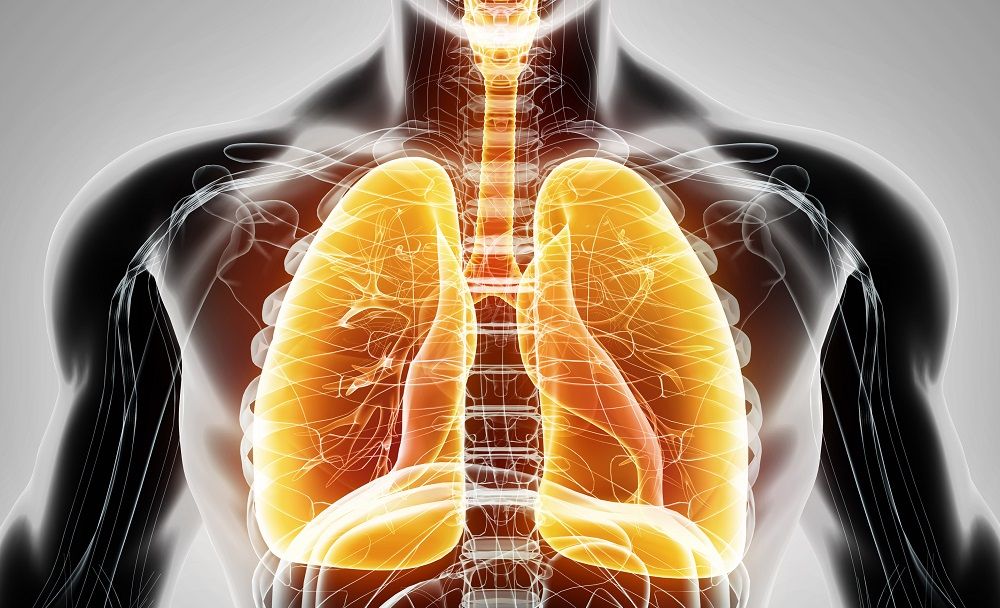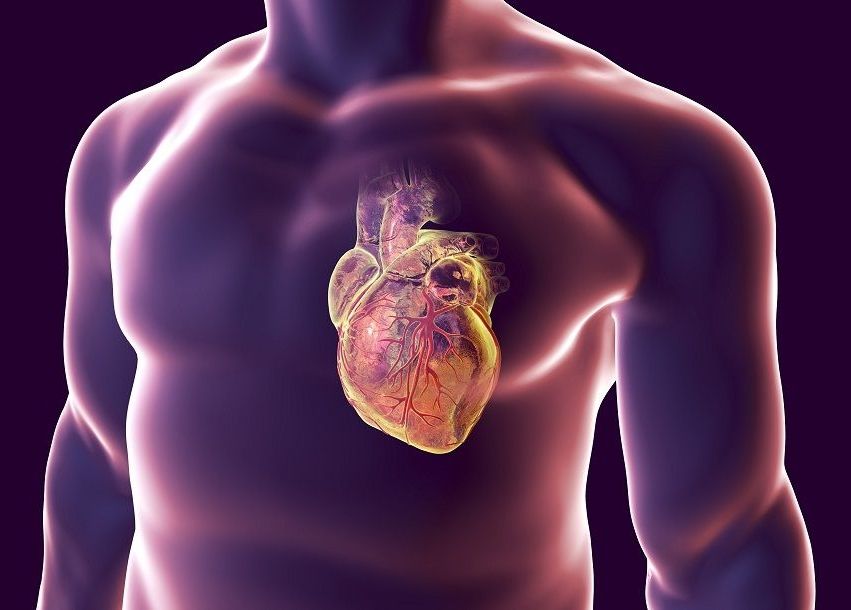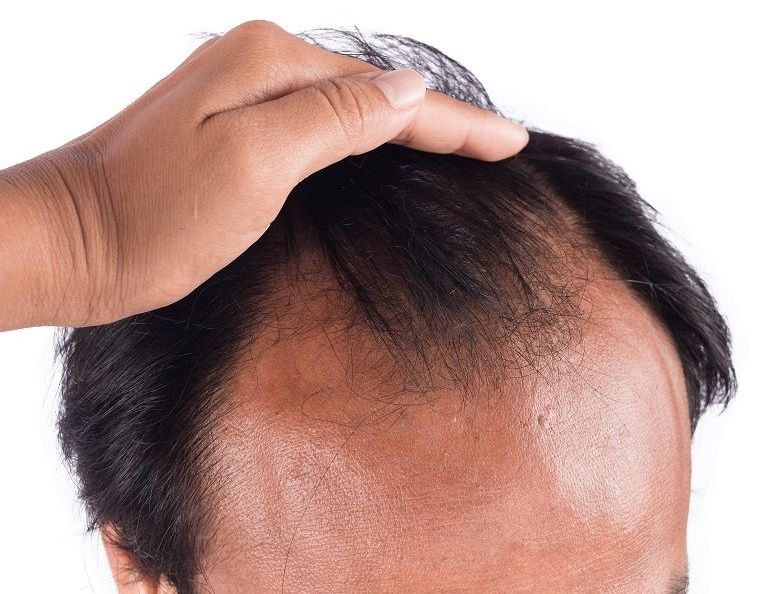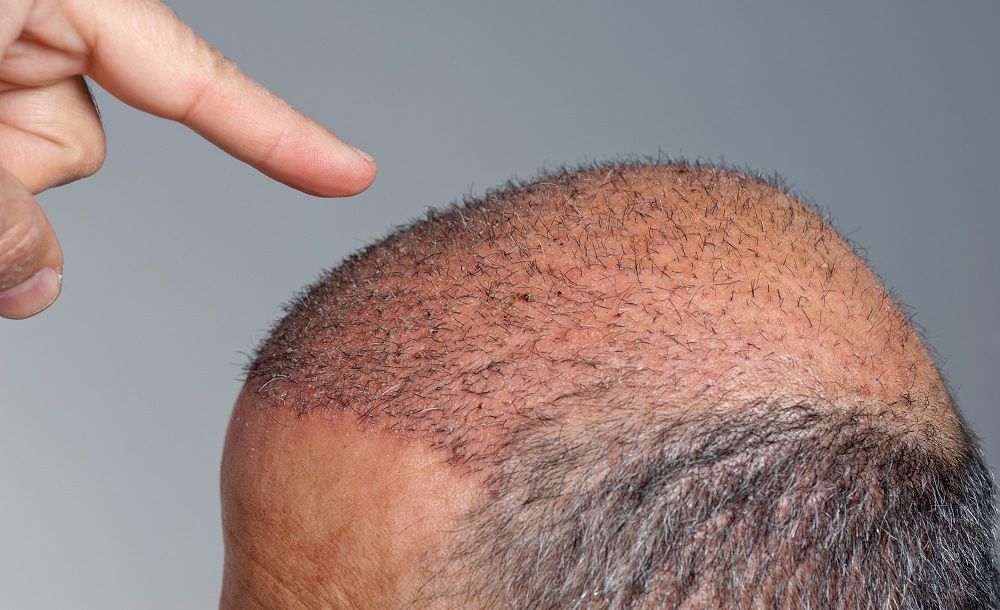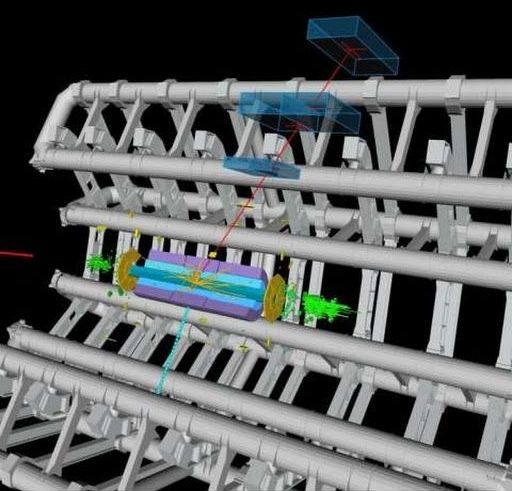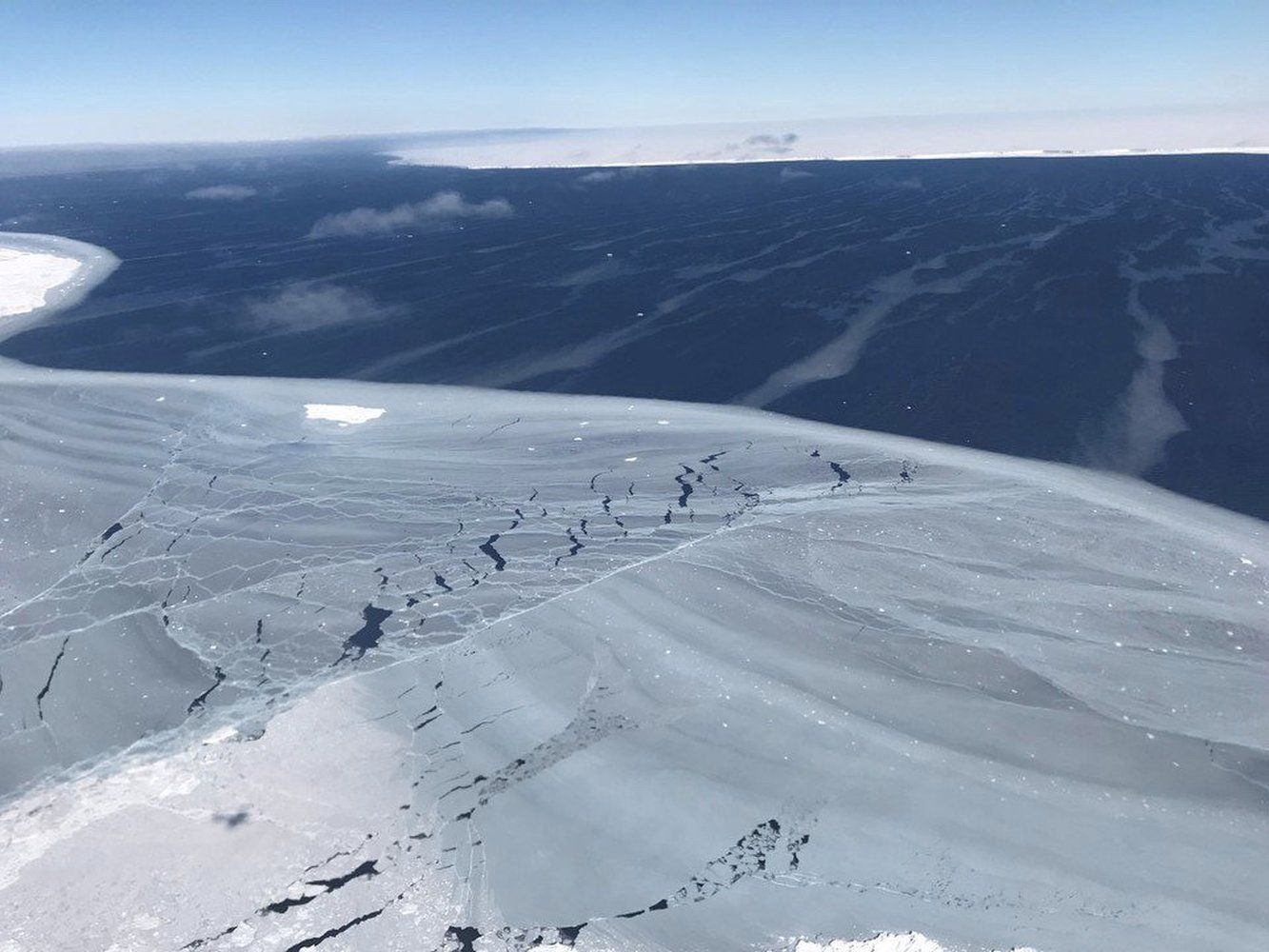Page 9985
Feb 12, 2018
Researchers report breakthrough in human lung regeneration
Posted by Brady Hartman in categories: biotech/medical, life extension
Summary: A team of scientists at Tongji University just announced a breakthrough in regenerating human lungs using stem cells, improving lung function in patients. [This article first appeared on the website LongevityFacts. Author: Brady Hartman. ]
A team of researchers from Tongji University in China announced what they say is a breakthrough in treating lung diseases by regenerating tissue using stem cell transplantation.
In a pilot clinical trial, the treatment proved effective at repairing the lung tissue of two patients suffering from lung diseases, who showed improvements in both symptoms and on CT scans, say the researchers. Zuo Wei is a Tongji University professor who led the research team and says.
Continue reading “Researchers report breakthrough in human lung regeneration” »
Feb 12, 2018
Researchers discover key enzyme sabotaging our weight loss
Posted by Brady Hartman in categories: biotech/medical, food, life extension
Summary: A research team at UCSD discovered a key enzyme that plays a role in burning calories during both obesity and dieting and sabotages weight loss. Moreover, these scientists may have just found an existing drug that counteracts this enzyme. [This article first appeared on the website LongevityFacts.com. Author: Brady Hartman. ]
Ever wonder why dieting often leads to a plateau in weight loss? It happens because the body is trying to maintain a steady weight by regulating the expenditure of energy. How this happens has remained a mystery until now.
In a paper published on February 8 in the journal Cell, a team of researchers at the University of California San Diego (UCSD) School of Medicine led by Alan Saltiel, Ph.D. has identified a key enzyme that sabotages weight loss efforts during dieting. Dr. Saltiel is the director of UCSD’s Institute for Diabetes and Metabolic Health, and says.
Continue reading “Researchers discover key enzyme sabotaging our weight loss” »
Feb 12, 2018
AHA names PCSK9 inhibitor evolocumab as a top advance in heart disease
Posted by Brady Hartman in categories: biotech/medical, life extension
The AHA names evolocumab — a new PCSK9 inhibitor — as one of the top 10 heart disease and stroke advances of 2017 in its annual list published on February 8, 2018. However, this novel cholesterol-lowering drug carries a big price tag.
Summary: The AHA names the PCSK9 inhibitor evolocumab as one of the top 10 heart disease and stroke advances of 2017 in its annual list published on February 8. However, this novel cholesterol-lowering drug carries a big price tag. [This article first appeared on LongevityFacts. Author: Brady Hartman. ]
The AHA named the cholesterol-lowering drug evolocumab in its annual top 10 lists of major advances in heart disease and stroke research, published on February 8. Evolocumab belongs to a class of cholesterol-lowering drugs called PCSK9 inhibitors and is injectable drug marketed by Amgen under the brand name Repatha. The two-year FOURIER study reported that evolocumab reduced high cholesterol levels and had few adverse effects.
Continue reading “AHA names PCSK9 inhibitor evolocumab as a top advance in heart disease” »
Feb 12, 2018
Researchers create functioning kidney tissue
Posted by Brady Hartman in categories: biotech/medical, life extension
In a first for medical science, scientists in the UK have successfully created functioning human kidney tissue that produces urine.
Summary: In a first for medical science, researchers in the UK have successfully created functioning human kidney tissue that produces urine. [This article first appeared on the website LongevityFacts. Author: Brady Hartman. ]
In a first for medical science, researchers have successfully created human kidney tissue within a living organism which can produce urine.
Continue reading “Researchers create functioning kidney tissue” »
Feb 12, 2018
Researchers report promising anti-aging rapamycin clinical trial results
Posted by Brady Hartman in categories: biotech/medical, life extension
Researchers just reported promising rapamycin clinical trial results in the first of its kind test of the drug’s safety and anti-aging effects on healthy Senior adults. [This article first appeared on LongevityFacts. Author: Brady Hartman. ]
A rapamycin clinical trial using healthy adults recently completed and reported the drug to be safe over the short-term when used for anti-aging purposes.
This clinical trial of rapamycin was one of the first testing the compound’s safety as an anti-aging drug in healthy Seniors. The clinical trial consisted of 25 healthy older adults 70–95 years between the ages of 70 to 95. The study participants took either a placebo or 1mg rapamycin daily for eight weeks. The main finding of the study was that the drug was safe, without significant side effects. The researchers published their results on February 3 in the journal Experimental Gerontology and concluded.
Continue reading “Researchers report promising anti-aging rapamycin clinical trial results” »
Feb 12, 2018
New hair-raising technique to decrease baldness
Posted by Brady Hartman in categories: futurism, life extension
A Japanese scientist regrows hair follicles at record rate using a special ingredient – this novel technique could revolutionize the treatment of baldness. [This article first appeared on the website LongevityFacts.com. Author: Brady Hartman. ]
While scientists aim to lengthen our lifespans, at least they can lengthen our locks.
Or even grow a full head of hair on a bald pate, in the near future.
Feb 12, 2018
Do not go baldly into that good night
Posted by Brady Hartman in category: life extension
A scientist gets to the roots of hair loss in a study published at the end of January, saying baldness is due to metabolic changes and free radical damage – and suggests ways to solve the problem. [This article first appeared on LongevityFacts. Author: Brady Hartman. ]
Why We Grow Bald
Scientists have identified at least nine mechanisms that underly the aging process, the so-called hallmarks of aging. While there are many factors that contribute to baldness, including hormonal changes, two of these hallmarks have been implicated in age-related hair loss in women in a study published in late January of this year.
Feb 12, 2018
First high-precision measurement of the mass of the W boson at the LHC
Posted by Genevieve Klien in category: particle physics
Display of a candidate event for a W boson decaying into one muon and one neutrino from proton-proton collisions recorded by ATLAS with LHC stable beams at a collision energy of 7 TeV. (Image: CERN In a paper published today in the European Physical Journal C, the ATLAS Collaboration reports the first high-precision measurement at the Large Hadron Collider (LHC) of the mass of the W boson. This is one of two elementary particles that mediate the weak interaction – one of the forces that govern the behaviour of matter in our universe. The reported result gives a value of 80370±19 MeV for th…
Feb 12, 2018
Scientists Rush to Explore Underwater World Hidden Below Ice for 120,000 Years
Posted by Genevieve Klien in category: futurism
And this month, a team of scientists will venture to the long-ice-buried expanse to investigate the mysterious ecosystem that was hidden beneath the Antarctic ice shelf for so long.
The newly exposed seabed stretches across an area of about 2,246 square miles (5,818 square kilometers), according to the British Antarctic Survey (BAS), which is leading the expedition. The scientists consider their journey “urgent,” as they hope to document the system before sunlight begins to change at least the surface layers. [In Photos: Antarctica’s Larsen C Ice Shelf Through Time]
“The calving of [iceberg] A-68 [from the Larsen C Ice Shelf] provides us with a unique opportunity to study marine life as it responds to a dramatic environmental change. It’s important we get there quickly before the undersea environment changes as sunlight enters the water and new species begin to colonize,” Katrin Linse, of the British Antarctic Survey, said in a statement.
Continue reading “Scientists Rush to Explore Underwater World Hidden Below Ice for 120,000 Years” »

